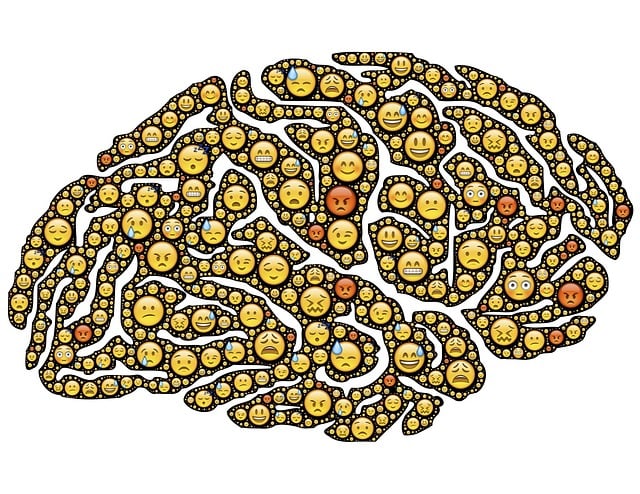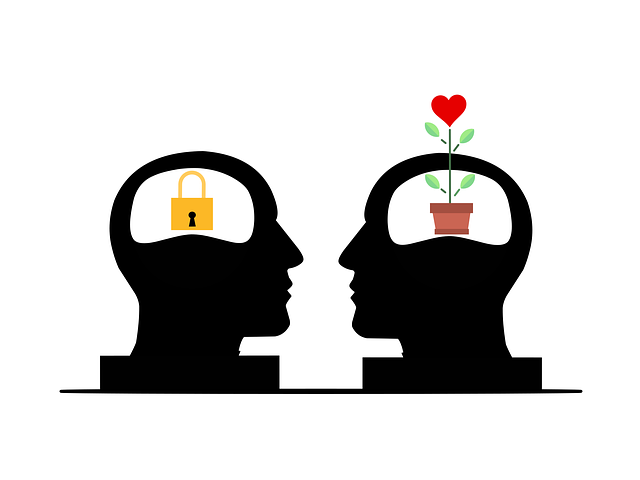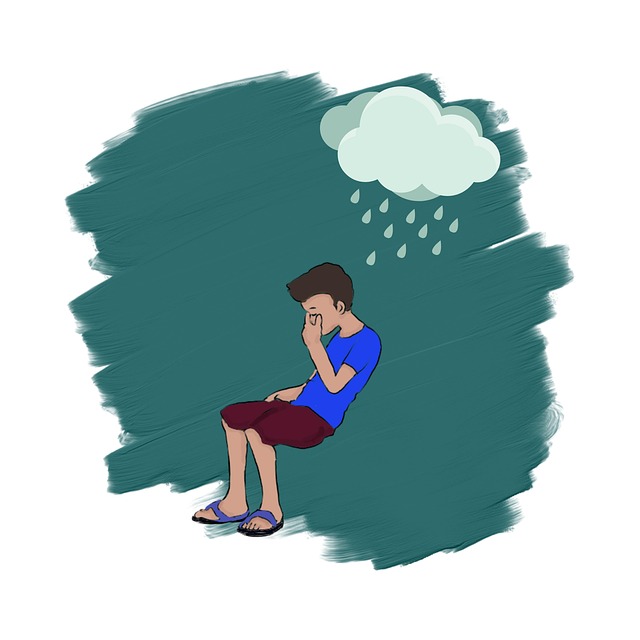Mental health conditions like anxiety and PTSD significantly impact social interactions, leading to isolation and trust issues for survivors of sexual abuse. Effective interventions include mental health policy analysis, cultural competency training for healthcare providers, and increased awareness to reduce stigma. Superior Sexual Abuse Survivor Therapy offers practical social skills training through role-playing and group discussions, empowering individuals to assert boundaries, recognize manipulative behaviors, and develop coping mechanisms. This therapy, combined with workshops and awareness campaigns, enhances self-awareness, manages stressors, and improves relationships for survivors, ultimately boosting their quality of life.
Social skills training is a powerful tool for individuals living with mental health conditions, offering a unique pathway to enhanced well-being. This article delves into the transformative power of such training, focusing on its ability to empower survivors of sexual abuse. We explore how structured programs can improve social interactions, foster support networks, and ultimately promote healing. By understanding the specific challenges faced by this demographic, we uncover practical strategies for superior sexual abuse survivor therapy, emphasizing the importance of social skills development in the overall treatment process.
- Understanding the Impact of Mental Health Conditions on Social Interactions
- The Role of Skills Training in Supporting Survivors of Sexual Abuse
- Practical Strategies for Enhancing Social Functioning and Well-being
Understanding the Impact of Mental Health Conditions on Social Interactions

Mental health conditions significantly shape and influence an individual’s social interactions, often creating barriers to meaningful connections. Conditions such as depression, anxiety disorders, or post-traumatic stress disorder (PTSD) can make it challenging for individuals to engage in everyday social exchanges. For instance, someone with severe anxiety might struggle to initiate conversations or participate in group activities, leading to social isolation and a sense of detachment from their communities. Similarly, the impact of superior sexual abuse survivor therapy on an individual’s social life is profound; many survivors face difficulties in forming intimate relationships due to trust issues and fear of re-traumatization.
Understanding these challenges is crucial for implementing effective interventions. Mental health policy analysis and advocacy play a pivotal role in shaping inclusive environments where individuals with mental health conditions can thrive socially. Healthcare provider cultural competency training equips professionals with the skills to offer empathetic support, ensuring that treatment plans address social barriers. By fostering mental health awareness, communities can promote understanding, reduce stigma, and encourage early intervention, ultimately enhancing the overall well-being of affected individuals and their ability to engage in society.
The Role of Skills Training in Supporting Survivors of Sexual Abuse

For survivors of sexual abuse, social skills training can be a powerful tool for healing and empowerment. This type of therapy goes beyond traditional talk therapy by equipping individuals with practical communication strategies that promote healthy interactions in daily life. Through role-playing exercises and group discussions, survivors learn to assert boundaries, recognize manipulative behaviors, and develop effective coping mechanisms for navigating social situations, which often trigger flashbacks or anxiety.
The goal of skills training is to enhance the survivor’s ability to engage with others on their terms, fostering a sense of safety and self-worth. Programs that focus on trauma-informed care, such as those offered by specialized organizations, can significantly improve outcomes. By participating in stress management workshops and public awareness campaigns development initiatives, survivors gain valuable insights into managing stressors related to their experiences while also contributing to broader efforts to combat stigma. Communication strategies taught in these settings help survivors express their needs clearly and assertively, leading to improved relationships and a higher quality of life.
Practical Strategies for Enhancing Social Functioning and Well-being

Social skills training is a powerful tool to enhance the well-being of individuals with mental health conditions, especially those who have experienced superior sexual abuse. Beyond traditional therapy methods, practical strategies can significantly improve social functioning and promote recovery. One effective approach involves teaching self-awareness exercises that encourage clients to recognize their emotions and triggers in social situations. By increasing self-awareness, survivors can develop coping mechanisms and build confidence in managing interactions with others.
Additionally, crisis intervention guidance plays a crucial role in risk management planning for mental health professionals. Trained practitioners can equip individuals with skills to navigate distressing situations socially, reducing the likelihood of adverse outcomes. These strategies may include teaching de-escalation techniques, communication strategies, and healthy boundaries, fostering an environment where survivors feel empowered to engage in social activities while prioritizing their emotional safety.
Social skills training plays a pivotal role in enhancing the lives of individuals with mental health conditions, especially survivors of sexual abuse. By equipping them with practical strategies, we can significantly improve their social functioning and overall well-being. The article has explored the impact of mental health on social interactions and highlighted the effectiveness of skills training, particularly in Superior Sexual Abuse Survivor Therapy. These evidence-based approaches offer a promising path forward, fostering not only personal growth but also a more inclusive society that supports those facing these challenges.











